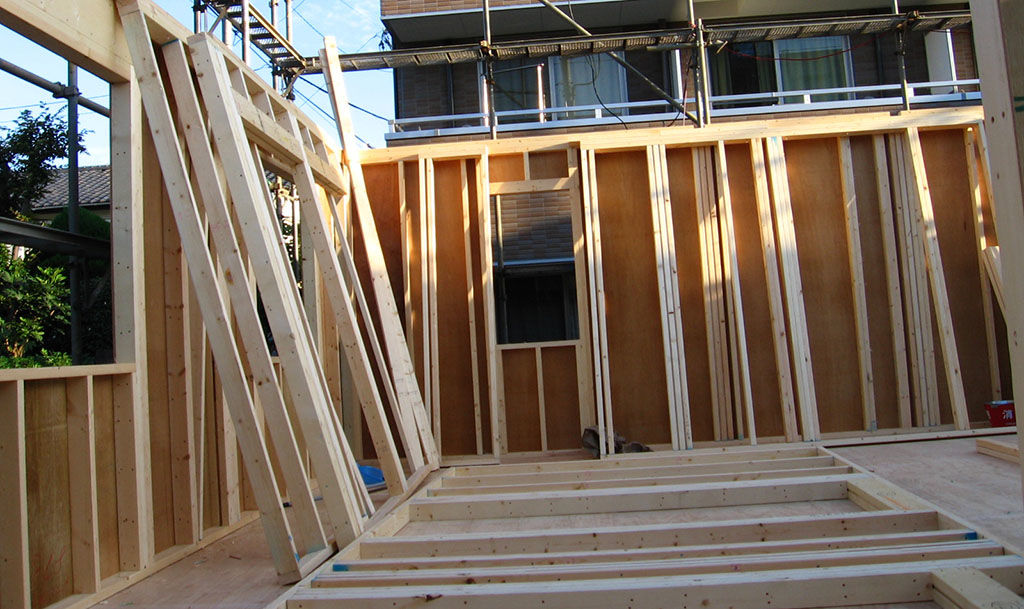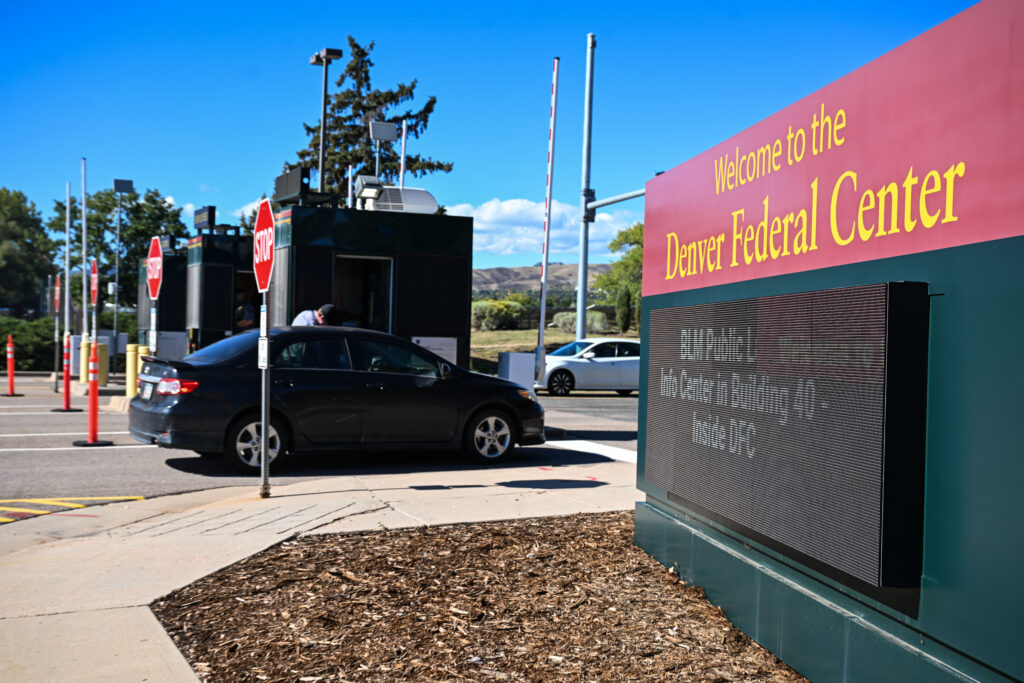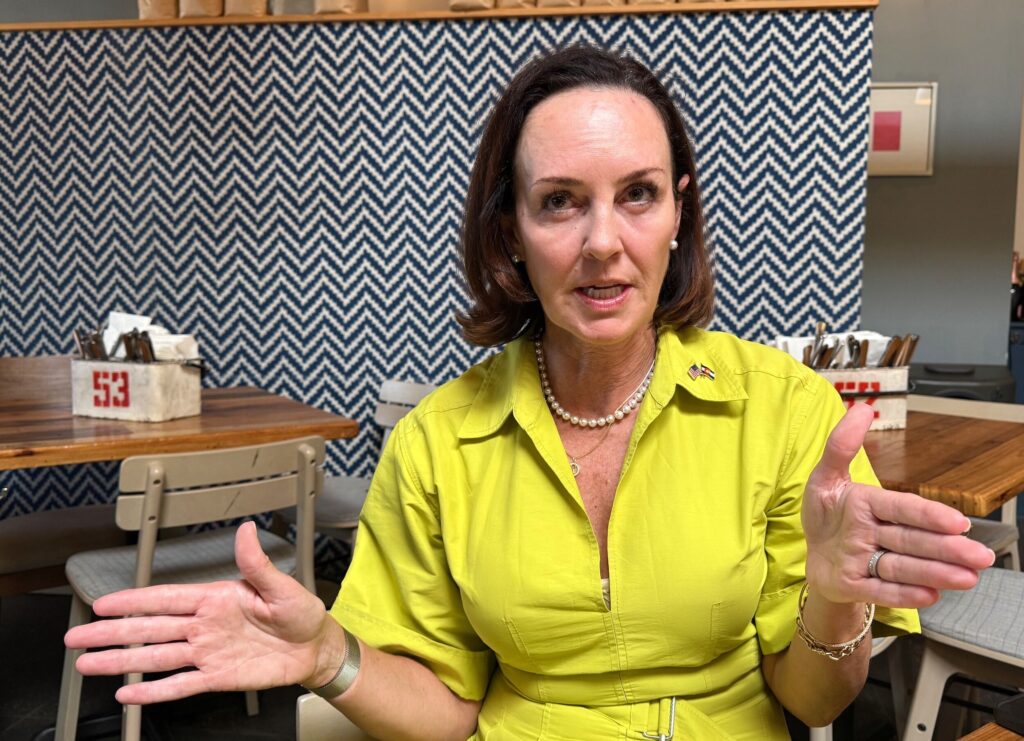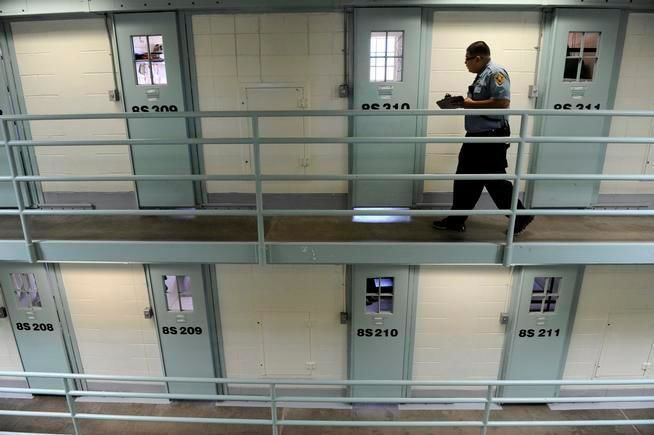City’s affordable housing plan draws praise, criticism

The talk about how Denver should promote affordable housing has gone from what path the city should take to whether or not the proposed $150 million plan over 10 years will go to the right places, and are the right groups paying their fair share.
The plan announced during Mayor Michael Hancock’s State of the City speech Monday, July 11 and a subsequent press conference Tuesday, will create a dedicated fund for affordable housing that is estimated to produce 6,000 units in the 10-year time frame. The fund will be supplied by the city putting 0.5 mills of property tax revenue from residential and commercial units and a fee on new commercial and residential developments in the city.
Homeowners in Denver will pay an additional $12 a year for a $300,000 house while business owners will pay an additional $145 a year on a $1 million evaluation.
Developers will see a significant increase for certain projects, with higher fees for apartment buildings as well as office, retail, hotel and other developments. A commercial development that’s 30,000 square feet in Denver will pay $51,000 toward the fund.
Source: Denver City Government
“These two revenues provide fairness, balance and equity across the community so that everybody is participating in the solution and there are different types of revenue,” said Evan Dryer, the mayor’s deputy chief of staff during another council meeting Wednesday.
Dryer said the benefit of two funds is the stability of the model that splits the funding 50/50 between development fees and property taxes. Property tax is steady and increases slowly over time. Development fees that are tied to square footage means during boom cycles, the city’s fund sees more revenue, but during down times the revenue, and the burden on developers, decreases.
While some on city council and in the community praised the decision, some in the development community see this as another barrier to creating affordable housing units. Councilman Kevin Flynn, District 2, said he wanted to see less burden being put on homeowners.
The plan has met with split reaction from members of Denver Metro Chamber of Commerce. While members know affordable housing is a serious issue that needs to be addressed, how to go about doing that is still the ultimate question.
“We have not taken a position on the City of Denver’s plan to fund affordable housing because we typically do not weigh in on local issues. We’re all in agreement that housing has become a critical challenge in our region,” said Kelly Brough, chamber president. “Our future economic development depends on our ability to increase and offer the full spectrum of housing options. One thing is clear, it will take all of us, individuals, government and the private and public sectors, to solve this challenge. We must look at a multi-prong strategy that addresses funding, construction costs and regulation to help the market more effectively meet the demand.”
Paul Washington from the city’s economic development office said the fees on development were “very low” compared to competing cities across the country.
“In our estimate these fees are not only reasonable, but on the lower end of reasonable,” Washington said during the meeting. “And the incremental cost will have a marginal impact on development, and it won’t bump Denver outside of its competitive position.”
The funds generated by the proposed plan could be used in a variety of ways, including to fund affordable housing units and homeowner assistance programs. A 21-member committee will be formed from city officials and stakeholders in the area to help guide the use of funds and assess the effectiveness of the work.
Currently, a vote is scheduled for the Aug. 29 City Council meeting with a public hearing on the proposal, a week earlier on Aug. 22.














